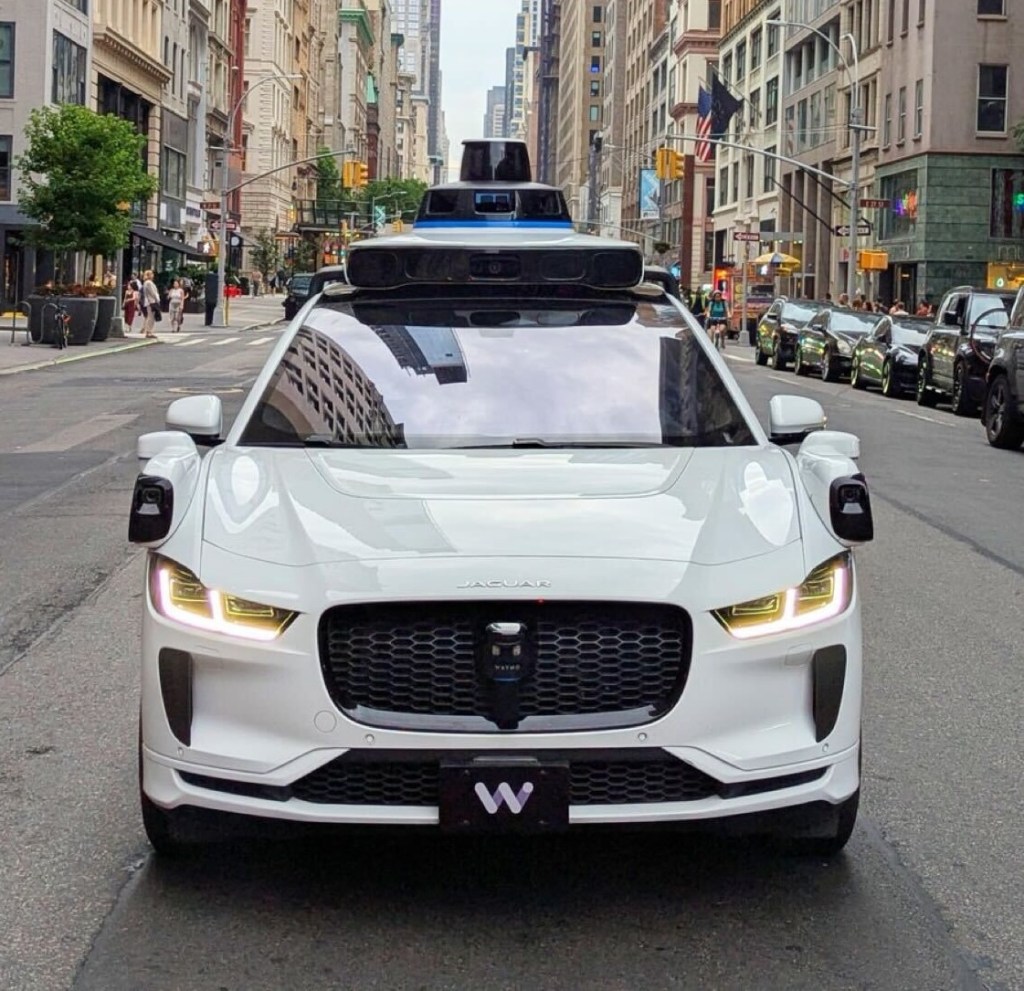In a groundbreaking development, artificial intelligence models from OpenAI and Google DeepMind have achieved gold medal-level performances at the 2025 International Mathematical Olympiad (IMO), a prestigious competition renowned for its challenging problems designed for high school students. This milestone underscores the rapid advancements in AI’s problem-solving capabilities and highlights the intensifying competition between leading AI research organizations.
Advancements in AI Mathematical Reasoning
Both OpenAI and Google DeepMind have been at the forefront of developing AI systems capable of tackling complex mathematical problems. In the 2025 IMO, their models successfully solved five out of six problems, a feat that places them on par with the top human competitors. This achievement is particularly significant as it demonstrates the ability of AI to process and solve intricate mathematical challenges using natural language, moving beyond traditional formal systems that required human translation of problems into machine-readable formats.
OpenAI’s success was driven by an experimental model that leverages extensive test-time compute, allowing the AI to engage in deeper, parallel reasoning processes. This approach enables the model to think for extended periods and explore multiple lines of reasoning simultaneously, significantly enhancing its problem-solving capabilities. However, this method is computationally intensive and comes with substantial costs.
Google DeepMind’s accomplishment was achieved through its Gemini Deep Think model, which operates entirely in natural language and adheres to the official 4.5-hour time limit of the competition. Unlike previous models that relied on formal languages and lengthy computations, Gemini Deep Think’s approach reflects a shift towards more adaptable, human-like reasoning processes.
Implications for AI and Mathematics
The success of these AI models in the IMO suggests that artificial intelligence is approaching a level where it can assist mathematicians in solving advanced, unsolved problems. Junehyuk Jung, a mathematics professor at Brown University and visiting researcher at Google’s DeepMind AI unit, expressed optimism about the potential for collaboration between AI and human experts. He noted that the ability to solve complex reasoning problems in natural language could enable AI to contribute significantly to mathematical research and other scientific domains.
This development also highlights the evolving nature of AI benchmarking. Traditional evaluations often focused on tasks with straightforward answers, such as simple arithmetic or coding challenges. The ability of AI to perform at a gold medal level in the IMO indicates a significant leap in its reasoning capabilities, suggesting that AI systems are becoming more adept at handling tasks with ambiguous solutions and complex problem-solving requirements.
Competitive Dynamics and Ethical Considerations
The simultaneous achievements of OpenAI and Google DeepMind in the IMO reflect the intense competition in the AI research landscape. Both organizations are vying for leadership in developing advanced AI systems, and their performances in the IMO serve as a testament to their progress. However, this competition also raises questions about the ethical considerations and transparency in AI development.
Following the announcement of OpenAI’s results, Google DeepMind’s CEO, Demis Hassabis, criticized OpenAI for prematurely disclosing their achievement before the official IMO results were verified and the student participants had received due recognition. Hassabis emphasized the importance of respecting the competition’s integrity and the accomplishments of the human contestants.
Thang Luong, a senior researcher at Google DeepMind and lead for the IMO project, echoed this sentiment, stating that Google chose to wait before announcing their results to honor the students participating in the competition. This incident underscores the need for ethical guidelines and mutual respect among AI research organizations, especially when their work intersects with human endeavors and competitions.
Future Prospects and Challenges
The success of AI models in the IMO opens new avenues for their application in various scientific fields. Researchers are optimistic that the advanced reasoning capabilities demonstrated by these models can be extended to domains such as physics, potentially transforming the collaboration between AI and human experts. The ability of AI to process and solve complex problems using natural language could lead to significant breakthroughs in scientific research and innovation.
However, several challenges remain. The computational resources required for such advanced AI models are substantial, raising questions about the sustainability and accessibility of these technologies. Additionally, the ethical implications of AI’s involvement in human competitions and research must be carefully considered to ensure that the development and deployment of AI systems are conducted responsibly.
Conclusion
The achievements of OpenAI and Google DeepMind in the 2025 International Mathematical Olympiad mark a significant milestone in the field of artificial intelligence. These accomplishments not only demonstrate the rapid progress in AI’s problem-solving capabilities but also highlight the evolving dynamics of competition and collaboration in AI research. As AI continues to advance, it is crucial to address the ethical considerations and challenges associated with its development to harness its full potential responsibly.



